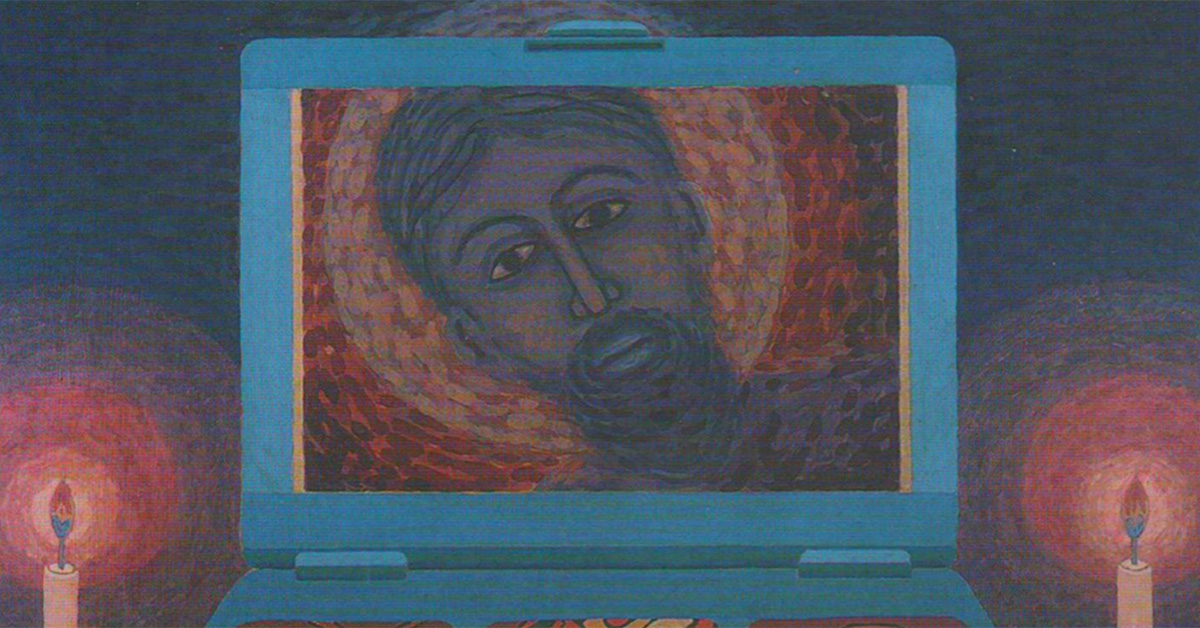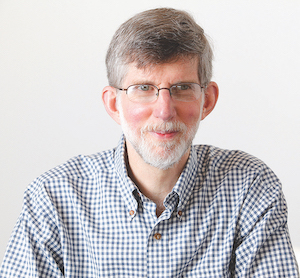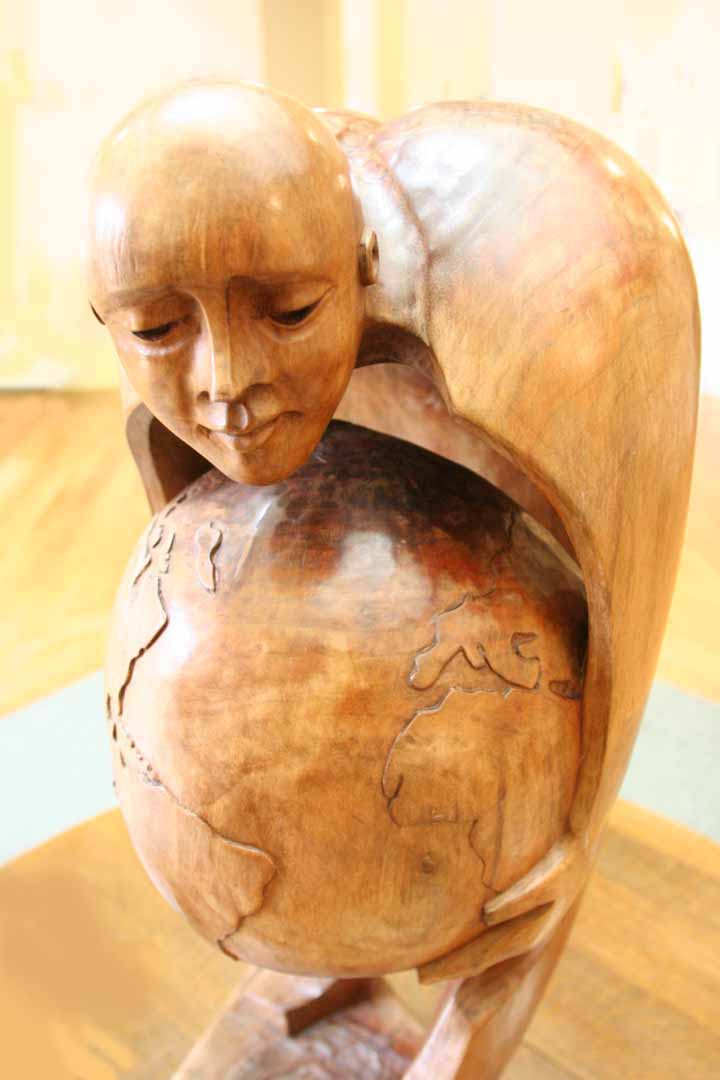


Dr Marvin Olasky, a senior fellow of the Discovery Institute, now writes a weekly column for Fix Homelessness and a monthly OlaskyBooks newsletter. For more about biblical objectivity, see Olasky’s Reforming Journalism (2019). For a discussion about ethics in religion journalism: Ken Waters, “Competing Moral Visions: Ethics and the Stealth Bible,” in Journal of Mass Media Ethics, 2001, Vol. 16:1, 48–61. https://doi.org/10.1207/S15327728JMME1601_5.
Thirty-five years ago I wrote about left-leaning newspapers and magazines downplaying religious news. I called that trend “spiking the spiritual,” after the metal spike that copy editors used to impale their rejected articles on. Now that evangelicalism and right-wing politics are fraternal twins, it’s time to examine conservative tendencies to “spike the controversial,” when it reflects poorly on “our side.”
Let me explain.
Some background: In the late 1960s and early 1970s I worked on the Yale Daily News, The Bulletin (Bend, Oregon) and The Boston Globe, and picked up a PhD in American Studies. Those institutions at that time valued the intellectually-independent pursuit of truth. Then for five years I wrote speeches for top executives at the DuPont Company, where a strict hierarchy prevailed, and all written materials had to cleave to the corporate line.

Du Pont was generous to me, but I preferred institutions that allowed more freedom of expression. In 1983 I became a professor at the University of Texas at Austin, and wrote there an academic book on the history of public relations, as well as books on the history of journalism. Until 2008 I taught journalism and history to students but also passed on some practical advice born of my experience: Live below your salary so you are free to resign if your employer tells you to do something that violates your conscience.
In the early 1990s I also began to edit World, a fledgling news magazine with big ambitions and a small subscriber base. After my DuPont experience I was particularly concerned that World emphasize truthful reporting and avoid public relations. That was challenging, because the magazine derived a good chunk of advertising revenue from Christian publishers and colleges. We were evangelical but didn’t want to be part of the “religious right.”
In those days we investigated evangelical powers and lost their advertising. We ran critical stories about evangelical leaders like Ralph Reed and criticized politicians on the right and left. We embraced our independence. We shunned entangling alliances.
I said the Bible should be our plumb line but not a Ouija board nor a device to trot out when useful to affirm our prejudices. With a little knowledge of whitewater rapids, I used the rapids-rating scale (class one, gently down the stream; to class six, a likely-to-be-fatal waterfall) as a clear metaphor for a Christian reporter’s analytical task: On class one issues the Bible is clear, by class six we’re on our own – and probably the best we can do is to balance subjectivities.
For example, World was unapologetically pro-life because the Bible portrays God as the author of life and shows the child in the womb to be part of the human family. But World often treated particular policy proposals as classes four or five: How did history or a sense of human nature affect what was wise in a particular case? My goal was to avoid partisanship and treat everyone as an image bearer of God, even when – especially when – I disagreed with them.

In 1999 we created a World Journalism Institute to train potential reporters in this philosophy that I called “biblical objectivity,” an attempt to emphasize the facts of God’s world, and not a vehicle for personal opinion. Some of our memes were: “Street-level, not suite-level, reporting.” “Sensational facts, understated prose.” “The heavens declare the glory of God, the streets proclaim the sinfulness of man.” Methodology was also important: Reporters learned that all investigative stories had to go through layers of editing and fact checking. Underlying all our stories was this commitment: “We don’t do public relations.”
That commitment continued through my 27 years as editor in chief, during which we ran two hundred or so investigative stories, including dozens critical of evangelical powerhouses. Even The New York Times recognized how unusual this was: A Times article in 2014 stated, “Evangelical Protestant journalism is generally more public relations than reporting; World stands out as an exception.”
Another unusual aspect of World was reporting based in the clear biblical teaching that God cares about the “uns,” those who lack power. This includes the un-born but also those un-employed or un-educated, as factories closed down and schools became more like day care centres or prisons. It includes those “un-settled,” to use a word once used more in geography than psychology. Today in America that encompasses the domestic homeless, and also immigrants stuck at the US-Mexico border.

World reporters covered the “uns” without worrying whether this focus hurt Republican politicians. But some members of World’s board of directors did worry. That concern grew in 2016 when I believed World should treat the immoral history and talk of Republican presidential candidate Donald Trump as we had treated Democratic president Bill Clinton in 1998, after his sexual activity with intern Monica Lewinsky. Since a World cover story then had declared Clinton unfit to be president, I felt bound to do the same regarding Trump, and all our senior editors and reporters agreed.
The board and more than one thousand World readers vociferously disagreed, but our editorial processes did not change during the next four years. In 2020 a World correspondent who was also an MD wrote articles citing the medical evidence that supported vaccines and mask wearing. World continued to bring out the human stories of homeless Americans and would-be immigrants. World reported the unethical behaviour of a Republican Congressional candidate, Madison Cawthorn. Those stories engendered some criticism from the business side and the board of directors.
Early in 2021 World examined the evidence for Trump’s “stolen election” charge and concluded it didn’t hold up. A World cover story on “The Insurrectionist Heresy” dealt critically with the January 2021 invasion of the US Capitol, which Trump encouraged and then defended. Suddenly World’s journalistic model was under threat, not from outside organizations that disliked our coverage, but from inside, as World’s business leaders wanted us to prioritize opining over reporting.
The basic divide within the organization was on three issues. One was: With what size should we be content? World was doing well financially as an $11 million organization, but what if it could become a $100 million power? The second, partly connected to the first, was public relations vs. journalism: Should World become a conservative movement publication affirming the biases of most readers, or should it aspire to publish articles that challenged right-wing assumptions?

The third, partly connected to the first two, was audience. For years I had wanted World to seek new readers among seminary students and racial/ethnic minorities. But World’s CEO responded to one of our Asian-American reporters hoping for the latter, “Our mostly white, mostly conservative audience is what God has given us. I am burdened to care for that audience properly.” Perhaps others would come, someday.
I’ll refrain here from a blow-by-blow description of what happened next. (Those interested can read about it in articles by New York Times and Religion News Service reporters.) Here’s the upshot: The business side, without informing anyone on the editorial side, created and heavily funded a new division, World Opinions, that aligned World with the partisan right. To make sure the message carried through to all editorial products, board leaders told me the CEO was World’s “general” or “quarterback,” charged to lead, execute and enforce this new vision. The board chairman said my mission was to “sell it to your team.” When I couldn’t in good conscience do that, I became “insubordinate.”

The changes alarmed World’s editorial staff. Three senior editors and reporters quickly resigned. Then I resigned, while making it clear that the remaining three senior staffers should decide for themselves what to do. They too resigned.
By July 2022 World executives were still giving lip service to biblical objectivity, but in practice the news organization has become Social Conservative World, focusing its reporting and opinions on a few non-controversial topics among evangelicals: LGBT issues, abortion, and religious liberty. Conveniently, those are topics where “the enemy” is out there. As to the problems within evangelicalism, including the growth of white Christian nationalism: mum’s the word. Regarding immigration, scandal-plagued Republican candidates, or facts discomforting to conservatives: zip lips.
My background made me conscious of the divide between public relations and journalism, between a command/control organization and entrepreneurial reporting, between partisanship and truth telling. I don’t know whether biblical objectivity will be possible within the new World order. I hope others will pursue it.

The Kirby Laing Centre for Public Theology in Cambridge. Charity registered in England and Wales. Charity Number: 1191741
Kirby Laing Centre, Office 1, Unit 6, The New Mill House, Chesterton Mill, French’s Road, Cambridge, CB4 3NP
© 2025 The Kirby Laing Centre for Public Theology in Cambridge